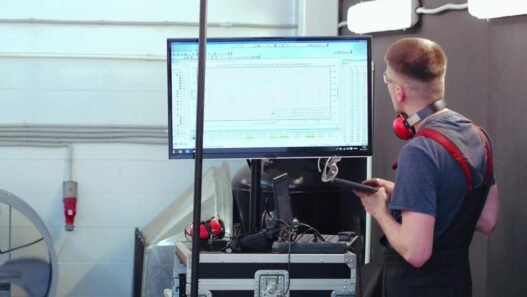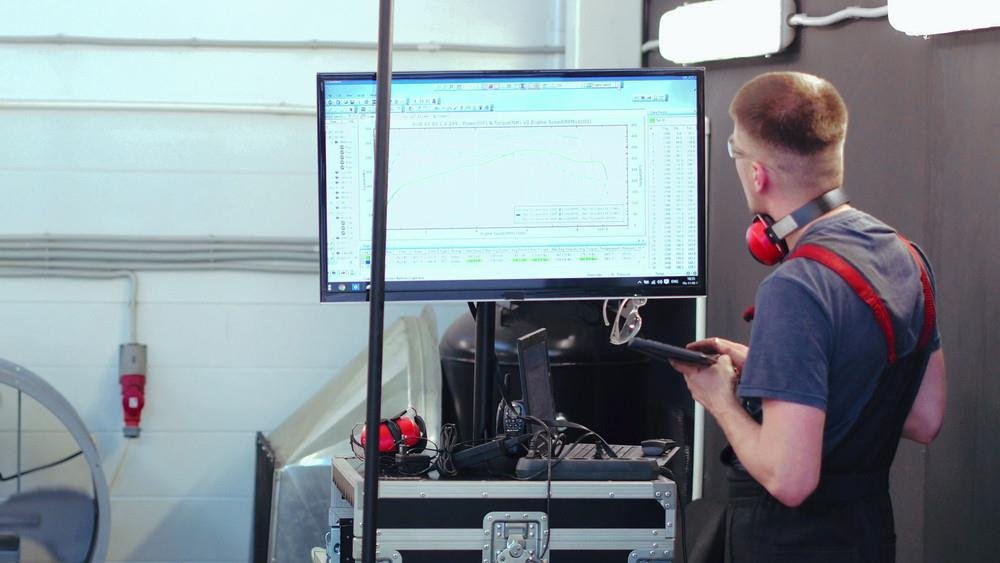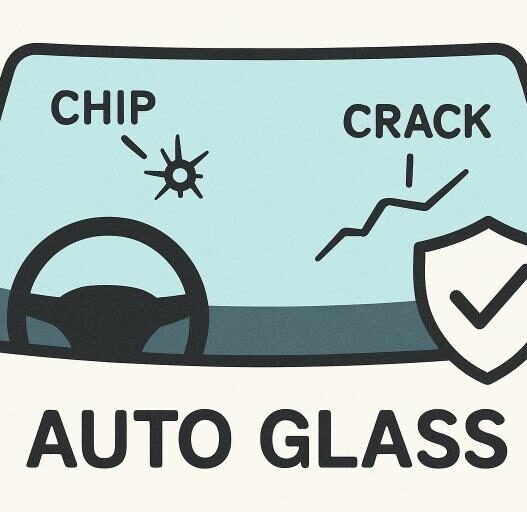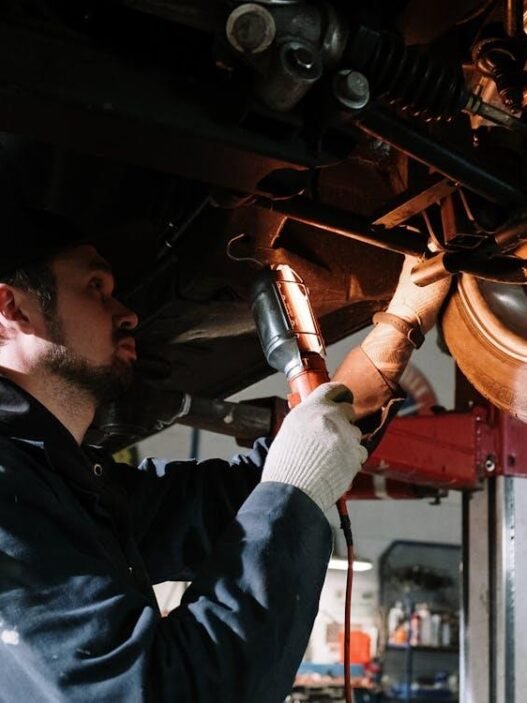Running an auto shop is no small feat. Balancing customer satisfaction, workflow efficiency, and employee well-being can feel like a juggling act. Yet, many shop owners overlook the most valuable resource in their business: their team. Investing in the happiness, health, and satisfaction of your workers isn’t just good ethics—it’s smart business. Happy employees are more productive, attentive, and committed, which directly impacts your bottom line and the quality of work delivered.
Understanding the Daily Challenges Auto Shop Workers Face
Working in an auto shop can be physically demanding and mentally taxing. Employees often spend long hours bending over engines, lifting heavy components, and diagnosing complex mechanical issues. On top of that, the constant pressure to complete repairs efficiently for a steady flow of customers can create stress that is easy to overlook. For instance, many technicians spend significant time diagnosing problems that may seem minor but are critical to vehicle safety. Did you know that the most common sign of a bad drive shaft is vibration coming from the undercarriage of a vehicle? It may appear as a simple complaint from a customer, but correctly diagnosing and repairing it requires focus, patience, and skill.
These physical and mental demands can lead to fatigue, errors, and burnout if the workplace doesn’t actively support employees’ well-being. Addressing these issues requires shop owners to look beyond tools and parts, focusing on the human element of the work environment.
Creating a Safe and Supportive Physical Workspace
First and foremost, auto shops should prioritize the safety of their workers. Proper lighting, clean floors, organized workstations, and up-to-date safety equipment aren’t just regulations—they directly affect employees’ comfort and confidence. Reducing risks of slips, falls, and strains ensures that workers can perform at their best without constant worry about injury. Simple measures like anti-fatigue mats, proper ventilation, and ergonomic tools can make long hours less taxing on the body.
Additionally, providing access to updated diagnostic tools and training reduces frustration and stress. When employees have confidence in their ability to diagnose issues accurately—whether it’s a complex transmission repair or spotting that subtle drive shaft vibration—they feel more competent and valued. This not only improves morale but also the quality of work delivered to customers.
Flexible Scheduling: A Key to Reducing Stress
Another crucial aspect of improving workers’ lives is considering their schedules. Auto shop work often requires long, irregular hours, especially during peak seasons. Providing flexible scheduling options can have a dramatic effect. Studies show that flexible scheduling reduces job-related stress by 20% and increases satisfaction by 62%. This means that employees who can adjust their work hours around personal commitments, family needs, or even rest cycles are significantly happier and more focused on the job at hand.
Implementing flexible shifts doesn’t mean reducing productivity. In fact, giving employees some autonomy over their schedules can lead to increased efficiency. When workers know they have a say in when they work, they are more likely to show up energized, engaged, and ready to tackle the challenges of the day, from diagnosing engine issues to handling customer concerns.
Encouraging Continuous Learning and Development
Auto shops thrive when employees feel they are growing in their careers. Continuous training programs, certifications, and workshops not only keep technicians up to date with the latest vehicle technology but also demonstrate that the shop values their professional development. The average vehicle on the road in the U.S. is 12.6 years old, which means that mechanics regularly face aging vehicles with unique problems. Ensuring your team is prepared for this diversity of work increases their confidence and reduces stress associated with uncertainty.
Encouraging employees to learn and specialize in areas like hybrid systems, diagnostics, or advanced suspension work can make their daily tasks more engaging and rewarding. Recognition of skill advancement, whether through promotions, raises, or simply acknowledgment, reinforces the idea that the shop invests in its people.
Fostering a Positive Workplace Culture
Beyond physical safety and professional growth, the emotional environment of an auto shop matters just as much. Encouraging teamwork, respectful communication, and open feedback channels creates a sense of community among employees. When workers feel supported by both management and peers, their stress levels decrease and job satisfaction improves. This can also enhance collaboration on complex repairs, like tracking down subtle issues such as vibrations indicating a failing drive shaft.
Team-building activities, recognition programs, and simple gestures of appreciation go a long way. For example, acknowledging a technician who accurately diagnosed a tricky transmission issue or safely repaired an older vehicle demonstrates that their efforts are noticed and valued.
Providing Benefits That Truly Matter
While competitive pay is essential, additional benefits can significantly improve employees’ lives. Health insurance, paid time off, and retirement planning are crucial, but so are perks like wellness programs, mental health resources, and flexible vacation policies. These benefits show that the shop cares about employees as individuals, not just as workers on the clock.
Simple measures like access to quiet spaces, nutritional snacks, or even opportunities for short breaks can improve focus and reduce physical strain. When employees feel their personal needs are considered, they are more likely to stay loyal and committed to the shop long-term.
Listening and Acting on Employee Feedback
No strategy for improving worker satisfaction works without open communication. Regularly asking employees for feedback on work processes, scheduling, equipment, and culture can reveal opportunities for improvement that management might not see. Acting on this feedback demonstrates respect and fosters a sense of ownership among workers.
For example, a technician might notice that older vehicles, which are now very common on the road, require special diagnostic attention due to wear or unusual vibrations. Addressing these observations proactively can prevent repeated mistakes and reduce daily frustrations.
Improving the lives of auto shop workers requires a multifaceted approach. By focusing on physical safety, flexible scheduling, continuous learning, supportive culture, meaningful benefits, and open communication, shop owners can create an environment where employees thrive. Not only does this enhance job satisfaction and reduce stress, but it also elevates the quality of work and customer experience.













